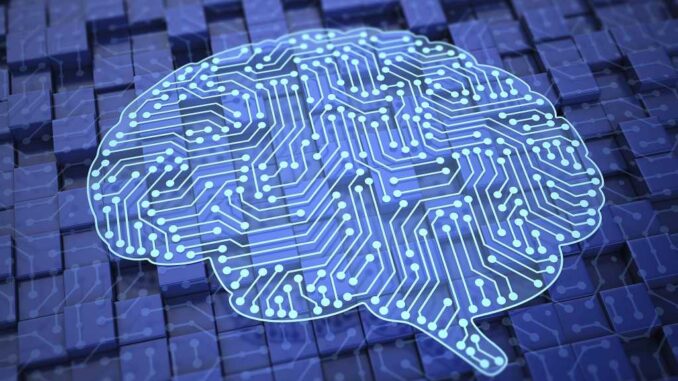
The integration of artificial intelligence (AI) into the workplace is poised to significantly reshape the future of work across various industries.
Here’s an overview of what AI means for the future of work:

















### 1. **Automation of Routine Tasks**
AI can automate repetitive and mundane tasks, allowing employees to focus on more complex and creative work. This can lead to increased productivity and efficiency as AI tools handle tasks such as data entry, scheduling, and basic customer service inquiries.
### 2. **Enhanced Decision Making**
AI systems can analyze large volumes of data quickly and efficiently, providing insights that help businesses make informed decisions. With predictive analytics and machine learning, organizations can better foresee trends, optimize operations, and strategize effectively.
### 3. **Personalized Customer Experiences**
AI can analyze customer data to deliver personalized experiences, leading to higher satisfaction and loyalty. Chatbots and virtual assistants can handle customer inquiries instantly and around the clock, improving service quality without additional labor costs.
### 4. **New Job Roles and Skills**
As automation takes over certain tasks, new job roles will emerge that focus on managing, programming, and maintaining AI systems. Employees will need to acquire new skills, particularly in data analysis, AI management, and technical proficiency, to thrive in these environments.
### 5. **Collaboration Between Humans and AI**
The future of work will likely involve a collaborative effort between humans and AI. Rather than replacing human jobs entirely, AI can augment human capabilities, enabling workers to leverage technology to enhance their performance and output.
### 6. **Flexible Work Arrangements**
AI technologies enable more remote work options and flexible working conditions. Tools for communication, project management, and virtual collaboration can create seamless work environments that are less reliant on physical presence.
### 7. **Diversity and Inclusion**
AI has the potential to reduce bias in hiring and promotion processes by utilizing data-driven approaches that emphasize skills and qualifications rather than demographic factors. However, it is crucial to ensure that AI systems themselves are trained on unbiased data to prevent the perpetuation of existing biases.
### 8. **Workforce Restructuring**
As AI takes on more responsibilities, organizations may undergo structural changes, requiring different team compositions and workflows. Companies might adopt flatter organizational structures that encourage innovation and rapid response to changes.
### 9. **Ethical Considerations**
The increasing reliance on AI in the workplace brings forth ethical considerations, including data privacy, job displacement, and the need for transparency in AI decision-making processes. Companies will need to navigate these issues carefully to maintain trust and compliance with regulations.
### 10. **Economic Shifts**
The widespread adoption of AI could lead to significant economic changes, including shifts in income distribution as certain jobs are automated and others are created. Universal Basic Income (UBI) or similar initiatives might gain traction as a response to these shifts.
### Conclusion
The future of work in the age of AI promises both opportunities and challenges. Successful integration requires a proactive approach to workforce development, ethical considerations, and a commitment to leveraging technology in ways that enhance human capabilities rather than diminish them. As organizations adapt to these changes, the focus will likely shift toward creativity, critical thinking, and emotional intelligence—skills that are uniquely human and valued in an increasingly automated world.

Leave a Reply